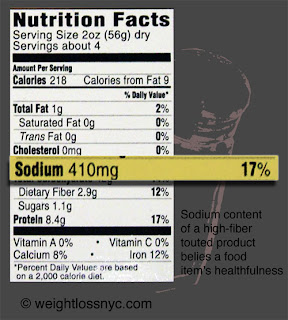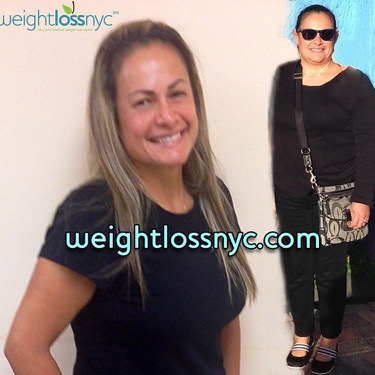“to shake or not to shake?”
Even if you never use a salt shaker at your meals, you may be ingesting far more sodium than your body needs, putting you at increased risk for high blood pressure (hypertension), strokes, cardiovascular disease and, it’s likely, ulcers and heartburn as well.
Yes, our bodies do need salt. It contains sodium which is an essential mineral. The recommended level for most Americans, which includes children, all African Americans, adults over age 40 and anyone with high blood pressure is 1500 milligrams (mg)/day. The recommended level for those who fall outside these categories is 2300 mg. Most Americans consume 3000-8000 mg/daily! Thus, most Americans are consuming two to five times the amount of sodium needed each day!
Health experts have sounded a loud warning: Reducing intake to appropriate levels could save 150,000 lives per year, mostly by preempting high blood pressure.
Laudably, the U.S. Food and Drug Administration (FDA) recently announced plans to reduce the amount of sodium in restaurant and processed foods gradually over the next ten years. Will this be enough and fast enough to reverse the effects of high sodium on Americans’ health? It’s certainly a step in the right direction but consumers must also educate themselves and make lower sodium choices.
Most Americans due to time and convenience factors will continue to use some processed foods. The key is to consider the sodium content (as well as fat and calories) on nutritional labels. — A typical example:
- Tuna fish (half of a 5 oz. can) = 250 mg.
- 2 slices of whole wheat bread = 150 mg.
- 1/2 can (7.5 ozs) of Trader Joe’s chicken noodle soup = 730 mg.
- TOTAL = 1130 mg. which is 75% of most Americans’ daily sodium limit
You can easily imagine eating a bowl, instead of a cup of soup, which means 1460 mg. from soup alone with a total sodium count for this ostensibly healthy lunch (it does include heart healthy fish and low fat soup after all) of 1860 mg.! What if you add a few crackers with this lunch (81 mg. for 3 Ritz crackers) or a pickle (280 mg. for a medium one) with the sandwich? Do you feel your blood pressure rising?
Read More Weight Loss Tips from Dr. Aron, Bariatric Physician
Dining out can be an even greater sodium nightmare. Meals, particularly fast food meals, often contain 5000 mg. or more of sodium. Adding sodium can also be a mask for using less than the freshest produce and other ingredients in processed foods. Add preservatives, some of which include sodium and watch those blood pressure numbers rise.
Eat Fresh, Not Processed, Foods
The antidote: eat fresh, not processed. Fresh fish, meat, poultry and vegetables, prepared simply with a couple shakes of salt and desired herbs provides sound nutrition without excess sodium. Add freshly prepared pasta, beans, rice, quinoa or other whole grains for variety and even greater nutritional value.
Eat Fruit Liberally
Eat fresh fruit liberally. Now is the time the Farmers Markets and grocery stores are stocked with an abundance of fresh peaches, plums, melons, cherries. Low in sodium and high in taste, fruits are easy to snack on and don’t pack the sodium that pretzels and other processed snacks do. In the winter when fresh choices aren’t as plentiful, dried fruit in moderation (watch the calories) can replace some of the recommended 2-5 daily fruit servings.
Plan Your Grocery Shopping
As you plan your grocery shopping, think
fresh, fresh, fresh! Planning ahead can also save time, a frequent excuse for not eating more healthily. Leftover chicken breasts from dinner can be tossed into a salad or put in a pita pocket with lettuce and hummus for a low sodium and nutritious lunch. Last night’s leftover fruit salad dessert combined with cottage cheese and unsalted nuts is another healthy option.
Read Nutritional Labels
Be creative and read nutritional labels. Look at cooking magazines and websites for healthy menu options. A little planning goes a long way. Also keep in mind that as your taste buds get used to the taste of fresh and not processed, food will taste better, while treating your body better. Eating fresh will also usually mean keeping your calories and cholesterol in check. And your waistline.
Learn more about WeightLossNYC's Diet Plans
Labels: 718-491-5525, calories, fda, health, high blood pressure, hypertension, nutrition facts, portion control, sodium





